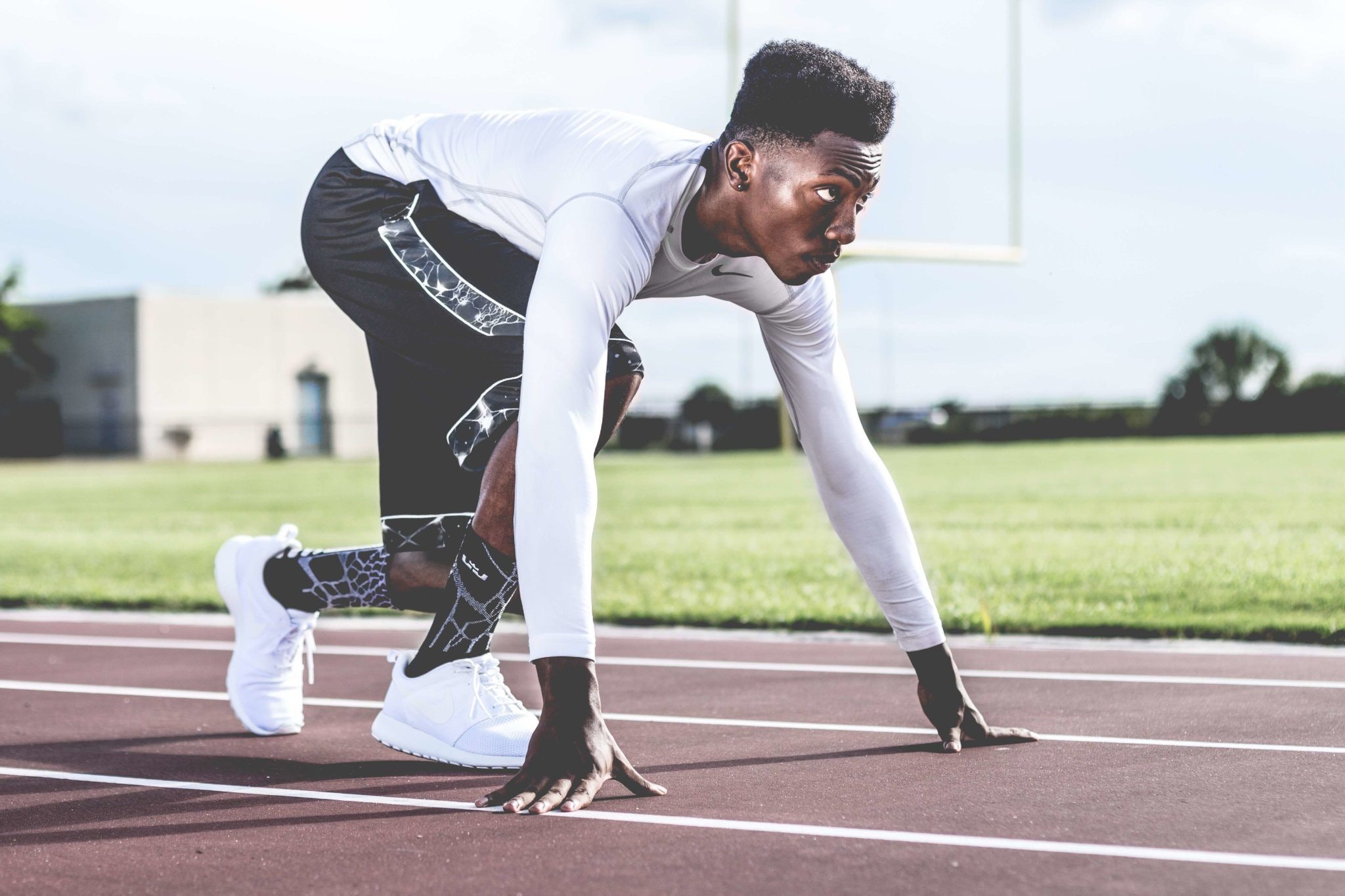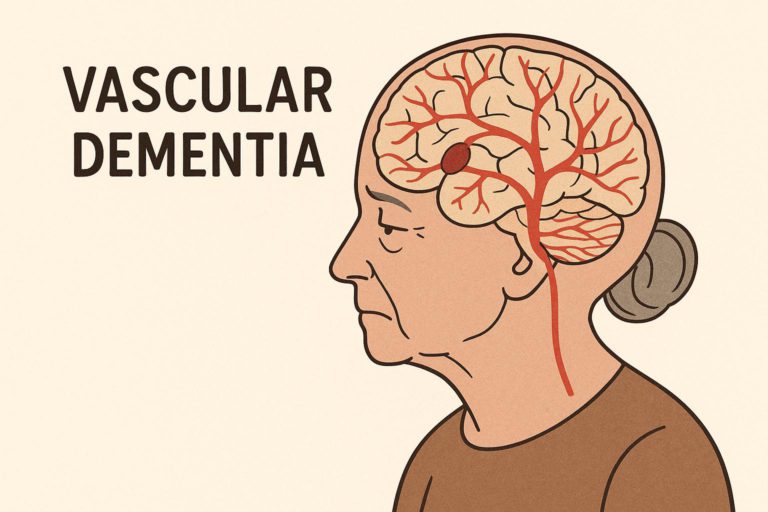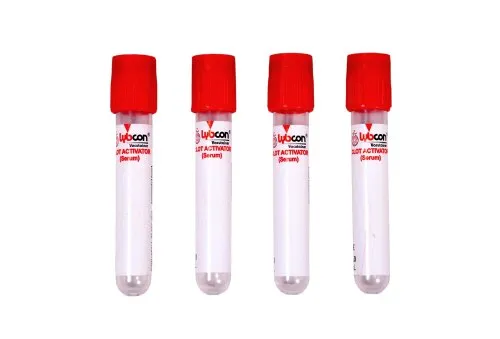What is Sleep Apnea and How Does it Affect Athletic Performance?
Sleep apnea is a sleep disorder that affects millions of people, and many athletes are no exception. Simply put, sleep apnea is when your breathing is interrupted while you sleep. This can happen when the muscles in your throat relax and block your airway, causing you to wake up momentarily to take a breath.
If you have sleep apnea, you may not even realize it at first, but over time it can start to affect your athletic performance. When you don’t get enough oxygen while you sleep, your body has to work harder to function during the day. This can lead to fatigue, lack of energy, and decreased stamina. In addition, sleep apnea has been linked to an increased risk of hypertension, heart disease, and other health problems that can further impact your athletic abilities.
The Surprising Prevalence of Sleep Apnea Among Athletes
Sleep apnea is a common sleep disorder that affects people of all ages and backgrounds. However, what may surprise you is that it’s particularly prevalent among athletes. In fact, according to a study published in the Journal of Clinical Sleep Medicine, up to 25% of professional football players may suffer from sleep apnea.
This high prevalence may be due in part to the fact that athletes are more likely to have certain risk factors for sleep apnea, such as being overweight or having a larger neck circumference. Additionally, the physical demands of training and competing can put extra strain on the body, leading to fatigue and exhaustion that may exacerbate sleep apnea symptoms.
Despite its prevalence, many athletes may not even be aware that they have sleep apnea. In fact, a study published in the Journal of Sports Sciences found that up to 80% of athletes with sleep apnea had never been diagnosed. This means that they may be experiencing symptoms such as snoring, gasping for air, and daytime sleepiness without realizing the underlying cause.
Fortunately, by increasing awareness of the prevalence of sleep apnea among athletes and offering accessible and effective treatment options, such as telehealth services from Speedy Sticks, we can help improve the sleep and overall health of athletes everywhere.
Common Signs and Symptoms of Sleep Apnea to Watch Out For
Sleep apnea can cause a variety of symptoms that may impact your athletic performance. Some of the most common signs and symptoms to look out for include:
- Loud snoring
- Pauses in breathing during sleep
- Gasping or choking during sleep
- Daytime sleepiness or fatigue
- Morning headaches
- Difficulty concentrating or remembering things
If you’re experiencing any of these symptoms, it’s important to consult with a healthcare professional to determine if sleep apnea may be the underlying cause. In fact, research has shown that sleep apnea can significantly impact athletic performance and overall health if left untreated.
The Connection Between Sleep Apnea and Fatigue in Athletes
Fatigue is a common complaint among athletes, and sleep apnea may be an underlying cause. When you have sleep apnea, your body is not getting enough oxygen during sleep, which can lead to daytime sleepiness and fatigue. As a result, athletes with sleep apnea may experience a decrease in athletic performance due to decreased energy levels, decreased motivation, and decreased concentration.
Studies have shown that athletes with sleep apnea have a higher risk of experiencing fatigue, with one study finding that fatigue was the most common symptom reported by athletes with sleep apnea (Kline et al., 2021). The good news is that treating sleep apnea can improve energy levels and overall health, leading to improved athletic performance.
How Sleep Apnea Impacts Endurance and Stamina in Athletes
Sleep apnea can significantly impact endurance and stamina in athletes due to the effect it has on the body’s oxygen levels. When you have sleep apnea, your airway becomes obstructed during sleep, which can cause a decrease in the amount of oxygen that reaches your lungs and bloodstream. This can lead to decreased endurance, decreased stamina, and decreased overall athletic performance.
Research has shown that sleep apnea can have a negative impact on an athlete’s VO2 max, which is a measure of the body’s ability to use oxygen during exercise (Kline et al., 2021). Additionally, athletes with sleep apnea may experience decreased energy levels, increased fatigue, and decreased motivation, all of which can impact their ability to perform at their best.
The good news is that treating sleep apnea can lead to improvements in endurance and stamina. By working with a healthcare professional to manage their sleep apnea, athletes can improve their oxygen levels and overall health, leading to improved athletic performance.
The Role of Sleep Apnea in Delayed Recovery and Injury Risk
Sleep apnea can have a significant impact on an athlete’s ability to recover from injury and may even increase their risk of injury. When you have sleep apnea, your body is not getting enough oxygen during sleep, which can lead to delayed recovery time and increased inflammation. Additionally, sleep apnea can lead to daytime sleepiness, which can increase the risk of accidents and injuries during athletic performance.
Studies have shown that athletes with sleep apnea may experience delayed recovery time from injuries due to decreased oxygen levels, inflammation, and fatigue (Kline et al., 2021). Additionally, sleep apnea has been linked to an increased risk of accidents and injuries during athletic performance, as athletes with sleep apnea may experience daytime sleepiness and decreased alertness.
Treating sleep apnea can improve recovery time and reduce the risk of injury. By working with a healthcare professional to manage their sleep apnea, athletes can improve their oxygen levels, decrease inflammation, and reduce daytime sleepiness, leading to improved recovery time and reduced risk of accidents and injuries.
At Speedy Sticks, we offer telehealth services that allow athletes to receive the care they need to manage their sleep apnea and improve their recovery time and injury risk. Our team can work with athletes to develop a personalized treatment plan that may include lifestyle changes, such as weight loss and exercise, and/or the use of devices like CPAP machines to help keep the airway open during sleep.
Diagnosis and Treatment Options for Athletes with Sleep Apnea
One of the primary dangers of untreated sleep apnea is the increased risk of cardiovascular disease. When you have sleep apnea, your body experiences a cycle of decreased oxygen levels, increased blood pressure, and decreased heart rate, which can lead to an increased risk of heart attack, stroke, and other cardiovascular diseases.
In addition to the increased risk of cardiovascular disease, untreated sleep apnea can also lead to decreased energy levels, increased fatigue, decreased motivation, and decreased focus. This can all have a negative impact on an athlete’s athletic performance and overall quality of life.
Furthermore, untreated sleep apnea can lead to an increased risk of accidents and injuries due to daytime sleepiness, decreased alertness, and impaired cognitive function. This can be particularly dangerous for athletes who engage in high-risk sports and activities.
The good news is that sleep apnea can be effectively treated with the help of a healthcare professional. Treatment options may include lifestyle changes, such as weight loss and exercise, and/or the use of devices like CPAP machines to help keep the airway open during sleep.
It is important for athletes to take sleep apnea seriously and seek treatment if they suspect they may have the condition. By understanding the dangers of untreated sleep apnea, athletes can take steps to improve their health and athletic performance, and reduce their risk of serious health complications.
The Benefits of CPAP Therapy for Sleep Apnea and Sports Performance
Continuous Positive Airway Pressure (CPAP) therapy is one of the most common treatments for sleep apnea. It involves wearing a mask over your nose or mouth while you sleep, which delivers a continuous stream of air pressure to keep your airway open. While CPAP therapy can take some getting used to, it has been shown to have numerous benefits for athletes with sleep apnea.
One of the primary benefits of CPAP therapy is improved sleep quality. By keeping the airway open and preventing interruptions in breathing, CPAP therapy can help athletes get the restful, restorative sleep they need to perform at their best. This can result in increased energy levels, improved focus and concentration, and decreased daytime sleepiness.
In addition to improving sleep quality, CPAP therapy can also have positive impacts on athletic performance. Research has shown that CPAP therapy can improve endurance, reaction time, and cognitive function in athletes with sleep apnea. This is likely due to the fact that CPAP therapy helps to improve oxygenation and reduce the stress on the cardiovascular system that can occur with untreated sleep apnea.
Finally, CPAP therapy can also help to reduce the risk of injury for athletes with sleep apnea. By improving sleep quality and reducing daytime sleepiness and cognitive impairment, athletes are more alert and better able to react to potential hazards, reducing the risk of accidents and injuries.
Takeaway
Sleep apnea can have a significant impact on athletic performance, affecting everything from endurance and reaction time to injury risk and recovery time. If you are an athlete experiencing symptoms of sleep apnea, it is important to seek treatment to improve your sleep quality and overall health. CPAP therapy, in particular, has been shown to have numerous benefits for athletes with sleep apnea, including improved sleep quality, increased energy levels, and improved athletic performance. With the right treatment and management strategies, athletes with sleep apnea can get the restful, restorative sleep they need to perform at their best.








